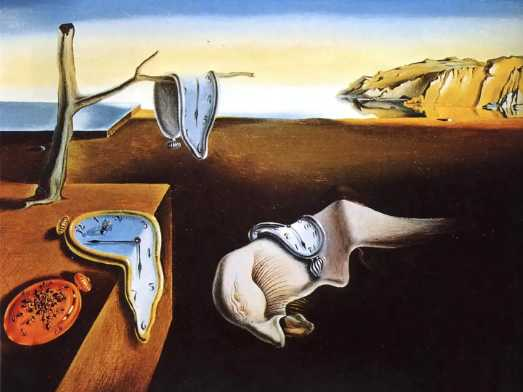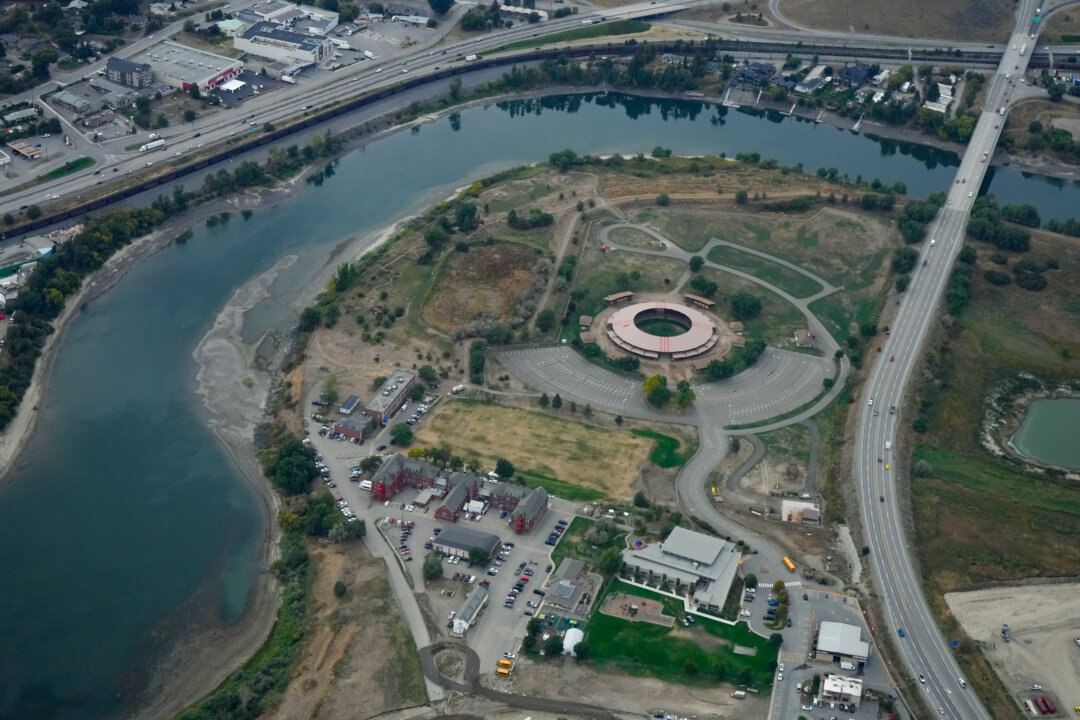
Citizen Journalism as Disruptive Technology
Battling the rise of the censorship-industrial complex
A new hypothesis about why all our sensemaking institutions seem to be failing at the same time. @alexandrosM
We often lament how seemingly every body whose job it is to figure out the truth -- media, academic journals, doctors, courts, universities, even the military, seem to have lost the plot at right about the same time, and are not even trying to do their job, instead behaving first and foremost as defenders of an emergent narrative. On occasion I've mentioned that our culture is becoming aware of the construct of a "narrative" and is developing language and memes to describe its contours. When we talk about the "current thing", or the various "derangement syndrome(s)", or even about "disinformation"/"misinformation", or even "stochastic terrorism", what we're talking about is factors that contribute to, and are a result of, prevalent narratives.
What might have previously been highly specialized discourse between academics has broken through to the mainstream. So this is my hypothesis: for better or worse, people in positions of power, increasingly conscious of the narrative-shaping power of their words and actions, are now deciding what to do, consciously or subconsciously, taking into account not just whether the action is right, but also whether it will be helping or hurting the narratives they subscribe to. In other words, instead of the story emerging according to the facts, the facts emerge according to the prevailing story. This 2016 piece in the New York Times is emblematic of this newfound self-consciousness on behalf of journalists: https://archive.is/jb9vH Its final paragraph contains this gem:
https://rwmalonemd.substack.com/p/citizen-journalism-as-disruptive

No Excavations Done Yet at Kamloops Residential School as First Nation Provides Update on ‘Complex’ Investigation
"I am honoured to speak directly with Albertans about the road ahead for our province, the choices we face together, and how you will have the final say in shaping Alberta’s future within a strong and united Canada."
https://x.com/ABDanielleSmith/status/2024661280163058030
















